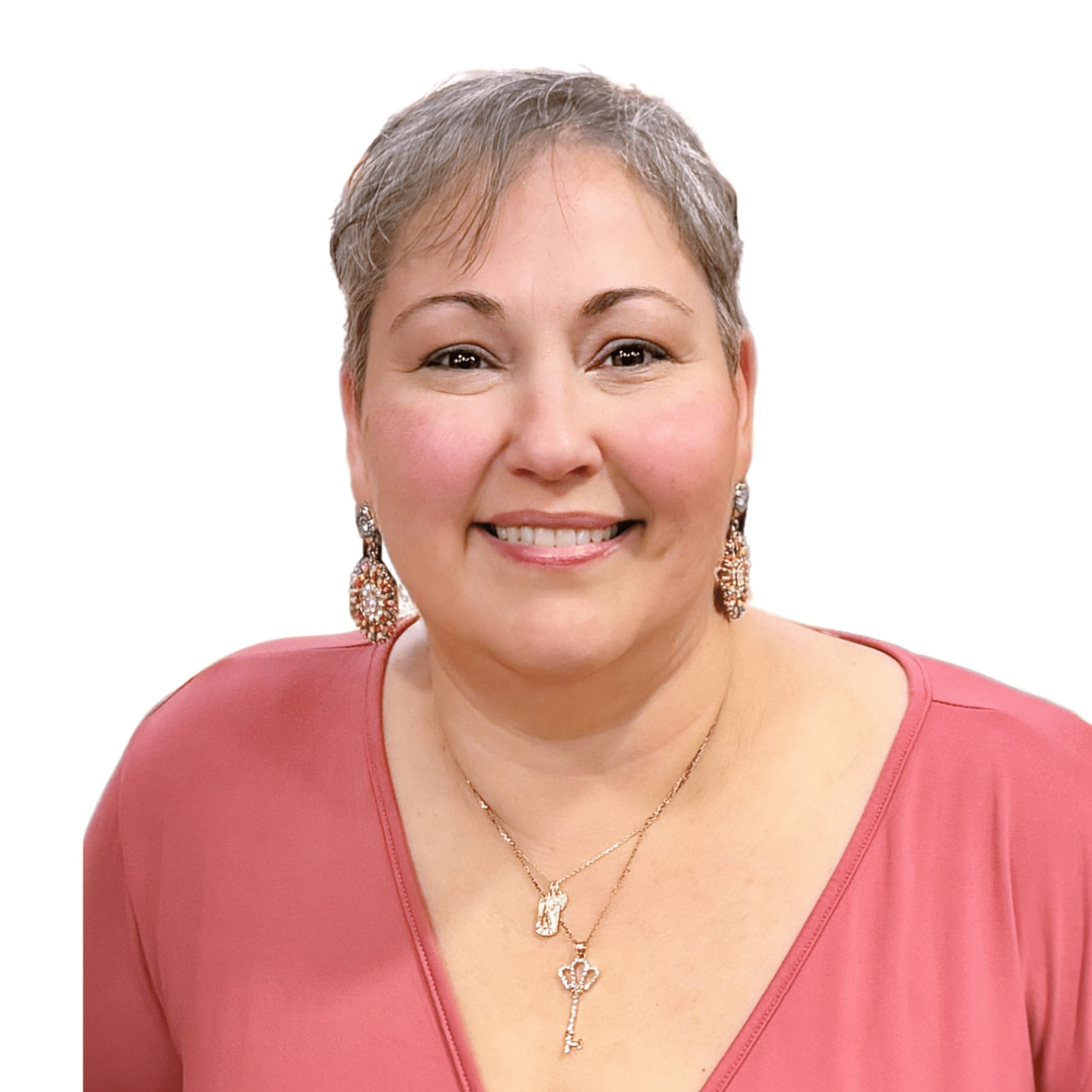Just because I am spending my Sunday writing this blog post doesn’t mean I believe healing and reconnecting in relationships after experiencing abuse or trauma is easy. In fact, I think it can feel rather daunting. But, I do believe it’s possible with the right mindset, resources, and support. Trust, vulnerability, and intimacy are core elements of healthy relationships, but when betrayal or abuse occurs, these foundations can shatter, leaving survivors feeling broken, anxious, and uncertain about connecting with others. The emotional pain can feel so intense that it physically hurts our bodies. You can actually feel it in your soul. Despite this doomsday feeling, I have witnessed survivors, including myself, overcoming the impossible . . . believing in hope for rebuilding trust and fostering healthy, meaningful relationships. Here are my recommended steps to support your healing journey:

Practice Self-Compassion
Your journey to healing after relationship trauma begins with self-compassion. Refuse to carry feelings of guilt or shame (don’t claim the shame for behaviours you didn’t do or were forced to do, or manipulated in doing). You may not have done something differently to prevent the abuse or betrayal. Recognize your feelings are normal but unhelpful is important for your healing. Offer yourself the same compassion you would to a friend who has been hurt. Healing takes time, so be patient with yourself and be kind to your inner child. A great resource for tapping into self-compassion is Dr. Krisitin’s Neff book, “Self-Compassion.”
Schedule Professional Support
Healing from any type of relationship or betrayal trauma often requires more than just time; You most likely will benefit more from therapeutic support. Therapy with a trauma competent therapist, provides a safe space to process and regulate emotions, understand the root of your wounds, and develop coping skills for healing your hurt feelings of mistrust, sadness, anger, and anxiety. A trauma-competent therapist can empower you to identify patterns in your past relationships, work through challenging issues, and develop a treatment plan for your healing and recovery. Group therapy or support groups, like those offered in communities such as Heal Thrive Dream, can also offer comfort and camaraderie as you connect with others who understand your experience.
Slowly Rebuild Trust
You know this just as much as I do. Trust, once broken, takes time to rebuild. No one wants to be a fool. Especially for a second time. Thus, it’s important to remember not everyone will betray you, even if it feels that way right now. It is more than okay to start small. Try sharing a little more about yourself with a friend, expressing a vulnerability, or practicing clear and open communication. See what happens. Deciding to trust others and yourself can be a gradual process. Please do not feel like you need to rush. Protect your heart a bit, but don’t overdo it with building a fortress. Set boundaries that make you feel safe, and honor them until you feel comfortable moving beyond them. See number six for more on boundary setting.
Focus on Self-Worth and Self-Love
Betrayal, abuse, and trauma leave lasting scars on self-esteem. You may internalize the betrayal, believing you are unworthy of love or respect. Working to rebuild your sense of self-worth is a part of healing. Try repeating healthy affirmations, self-care practices, and setting aside time for activities that bring you joy. Knowing your worth enables you to attract and maintain healthier relationships where mutual respect and trust are prioritized. How do you practice self-love?
Practice (Role Play) Healthy Communication
Healthy relationships happen when you and your partner, friend, parent, child, etc. practice open, direct, and honest communication. After betrayal, it’s normal to struggle with expressing your feelings, needs and wants. Roleplaying communication skills with your therapist or friend can empower you to practice these skills in your relationships. When practicing expressing your emotions in a constructive manner while also practicing active listening with others, this encourages open dialogue. Practicing healthier communication skills empowers you to feel more secure as you navigate potential conflicts in a healthy way.
Boundary Setting
After experiencing any kind of abuse, betrayal, or trauma, your boundaries are necessary to keep you safe. Setting boundaries guides you to determine what you are and what you are not willing to tolerate in relationships. Some boundaries to consider: limit contact with toxic people (even family), prioritize self-care, and deciding your guidelines for social outings. Healthy boundaries guide you in building safe, nurturing connections while preventing re-traumatization (to the best of your ability). An author and social worker that I love for her work on boundary setting is Nedra Glover Tawwab.
Join a Supportive Community
Community support is invaluable in healing due to the collective wisdom of the group. Connecting with others who have faced similar experiences can empower you to feel less isolated and more understood. Groups like Heal Thrive Dream offer a safe, compassionate space for survivors to share their stories, learn from one another, and find encouragement. Knowing that others have walked a similar path can provide hope and inspiration as you work to heal and rebuild.
Moving Forward
Healing within relationships after any type of relationship abuse or trauma is possible, especially if you have the support and skills you need. By practicing self-compassion, seeking and accepting support, rebuilding trust, and prioritizing your self-worth, you can connect in your healthy relationships. Attend my summit on “Finding Connection After Relationship Trauma” to learn more.



